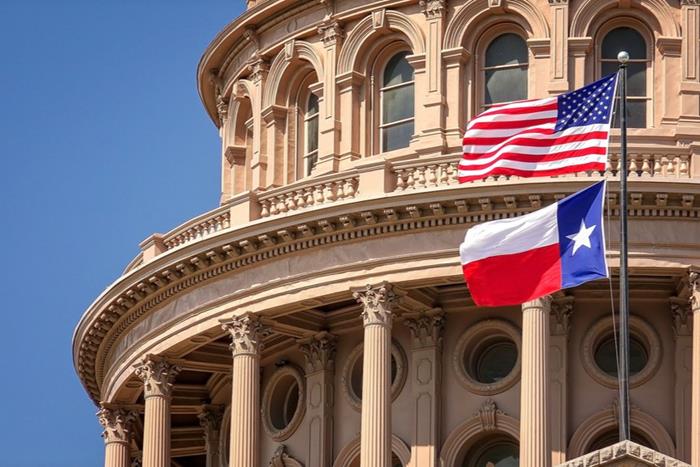With a number of factors colliding and creating a time of unprecedented challenges for US public company filers, 2024 may prove to be the most complicated proxy season yet.
These factors include “new” rules that permit proponents to use universal proxy cards (UPC) showing board- and proponent-nominees for director—rather than their own stand-alone proxy card—and legal challenges to advanced notice bylaw procedures that set the requirements on how non-board slate nominated directors are proposed and qualified.
In addition, public companies and their boards face continued shareholder proposals seeking to alter or influence management policies and strategies via proposed agenda items at shareholder meetings, a world in which ESG and ‘anti-ESG’ forces are providing less clarity for public companies caught in the middle of this tug of war, and where there are more compensation-related disclosures required in proxy statements than ever before.
Although it is always a challenge to predict the future, here are some views of those forces that likely will fundamentally shape the 2024 annual meeting season. These dynamics are likely to continue to influence how other markets will deal with these trends.
Universal Proxy Card rules
This year is the second year of the implementation of the UPC rules. The data from 2023 did not reflect an overall uptick in activist campaigns, but 2024 may be different.
Broadridge Financial Solutions has indicated: “Technology innovations and the SEC’s new rules for Universal Proxy will further democratise corporate governance in the 2024 proxy season, adding ways to inform and engage investors.”
However, Broadridge continues by indicating that it sees “little evidence that the rules alone will lead to more battles for control, as the number of contested solicitations thus far [in 2024] is generally within a ‘typical’ range”.
Regardless of whether proxy contests increase, the UPC may increase the threat to public company boards that a proponent could successfully win a partial slate. Accordingly, we expect to see settlements result in an increase in board seats won by proponents, as indicated in early results from 2023.
Advanced notice procedures
Given the implementation of the UPC rules, the advanced notice procedures and requirements for dissident director nominations have been even more important.
As issuers revise their bylaws to update them for UPC matters, it has become clear that—under state law—an issuer’s advanced notice procedures for director nominees have become a fundamental area for potential friction.
Issuers should view any proposed bylaw amendments (or review their existing bylaws) through the lens of the recent Delaware Chancery Court decision in Kellner v. AIM Immunotech. In that case, the Chancery Court spoke to challenges to amendments to an issuer’s advance notice bylaw adopted during a proxy fight.
The court ultimately held that the issuer’s board did act reasonably in rejecting the proponents’ attempted nominations as being outside of compliance with the advance notice provisions in the issuer’s bylaws but struck down provisions that sought to limit proponents’ ability to “act in concert”. A careful review of the issuer’s bylaws should occur in order to confirm that such provisions are not included.
Shareholder proposals
Innisfree M&A Inc reported that there were 17 proxy contests that went to a vote in 2023, 14 such contests in 2022, 23 such contests in 2021, and there were 19 such contests in 2020.
Innisfree continues by indicating: “As with any small sample size, any conclusions to be drawn from a single proxy season should be taken with a mountain of salt, especially one where contests were conducted under new rules leading to uncertainties significantly impacting the behavior of all relevant constituencies.”
Given that history, the Conference Board has indicated that, based on a report done in collaboration with Russell Reynolds Associates and Rutgers Center for Corporate Law and Governance, “the 2024 proxy season will likely see a rising number of shareholder proposals submitted to companies”.
Innisfree also predicts that “in the 2024 proxy season, we expect to see further expanded uses of the proxy system by participants to assert their preferred corporate policies and visions for issuers. This expansion has been largely due to new regulations and court decisions that have expanded access to issuers’ corporate governance machinery and funds’ voting records… As a result, the 2024 proxy season may be seen as the zenith, or nadir, of the current proxy regime.”
ESG vs anti-ESG
The Texas State Board of Education announced in late March of 2024 that it was withdrawing a significant investment from BlackRock, one of the largest investment management firms in the world.
The education board’s chair, Aaron Kinsey, cited BlackRock’s “dominant and persistent leadership in the ESG movement” as the reason. Meanwhile, CalPERS, one of the largest US public pension funds, continues to voice its full-throated support for ESG matters.
CalPERS notes: “The climate crisis is real. It is one of the most complex problems in human history… Fighting climate change and paying for pensions are not mutually exclusive imperatives. That’s why CalPERS unveiled an expansive Sustainable Investing 2030 Strategy.”
The push and pull of ESG and anti-ESG advocates can be confusing to public companies and their boards. While there has not yet been a raft of lawsuits, there are some notable cases in the case of duties with respect to workplace sexual harassment and greenwashing claims.
In addition, public companies will need to prepare for the effective date for the recently announced final rules adopted by the SEC regarding climate-related disclosures.
While many public companies will need to prepare rigorously to comply with the new disclosure requirements, the rules, if they are not enjoined by the courts, may provide a standard for certain disclosures.
The 2024 proxy season will likely leave unresolved many of the challenges facing public companies and their boards, but we expect that with a careful approach, most public companies will navigate through the storm as the courts, the SEC and proponents continue to influence the environment for public companies going forward.
Jeremy Garvey and Seth Popick are in practice at law firm Cozen O’Connor.






